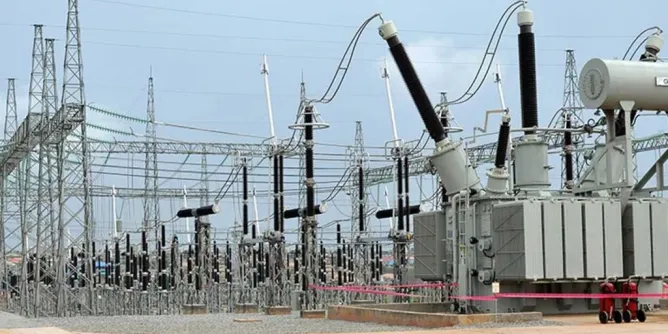
In a standoff between the Nigerian government and the electricity union, the Federal Government (FG) is pleading with workers to reconsider their decision to go on strike following the recent tariff hike in the power sector. Despite the government’s appeal, the electricity union remains resolute in its stance, demanding a reversal of the tariff increase.
JOIN US FOR MORE ON:
or
or Follow us on WhatsApp Channel
The tariff hike, which came into effect on April 1, has been a subject of intense debate and controversy. The government argues that the increase is necessary to attract more private investment and improve the overall efficiency of the power sector. However, the electricity union and many consumers believe that the hike will further burden already struggling households and businesses.
In response to the union’s threat of a strike, the FG has been engaging in dialogue with representatives from the electricity union in an attempt to find a resolution. The government acknowledges the concerns raised by the workers and has promised to address their grievances. It has also emphasized the importance of maintaining uninterrupted power supply for the nation’s economic growth and development.
The Minister of Power, Adelabu, who spoke through his media aide, Bolaji Tunji in a press conference held yesterday, stated, “We understand the concerns expressed by the electricity union and the general public regarding the tariff hike. We are committed to finding a solution that is fair and equitable for all parties involved. We appeal to the workers to reconsider their decision to go on strike and give us the opportunity to engage in further discussions.”
Meanwhile, the electricity union remains steadfast in its position. Speaking on behalf of the union, the National President Adebiyi Adeyeye, expressed disappointment with the government’s response, stating, “We just want the citizen to know that this thing is not possible, it is not feasible, you cannot give what you don’t have. When we don’t have the energy to give to the people and you ask our people to go out and collect such money, you know it is dangerous. Most times we don’t disclose what to do to the public because our sector is very critical to the nation,” he stated.
He explained, “The reason why we are saying this is simple, you ask our members to go the the public to collect 20-hour tariff from people that are not even experiencing a four-hour supply of electricity. There is no way there won’t be crises between our staff and those customers.
“We told our members that they cannot go out and collect that kind of tariff from unmetered customers. More than 70 per cent of these Band A customers are not metered. The government is just promising what we don’t have. We are the ones working there, we know we don’t have the transformers to distribute such load. 20 hours of electricity is not possible except for those on eligible lines. We were not carried before the tariff hike,” the union leader emphasised.
Adeyeye, who said the union would not accept any threat from anyone said, “On the issue of strike, it is not what we normally do directly. We said it that we would withdraw our services if the government fails to do the needful, and we are still under that ‘if’. They still have time to do the needful. It is very difficult for us to collect such money. We don’t have the equipment to supply even 10 hours of electricity to the people.
The potential strike has raised concerns about the impact on electricity supply across the country. Nigerians are already grappling with frequent power outages and an unreliable power grid, and the strike could exacerbate the situation. Businesses, in particular, are worried about the effect on their operations and productivity.
The FG has assured the public that contingency plans are in place to mitigate the impact of the strike on power supply. However, the government has urged the electricity union to reconsider its decision and allow for further negotiations to find a mutually acceptable solution.
